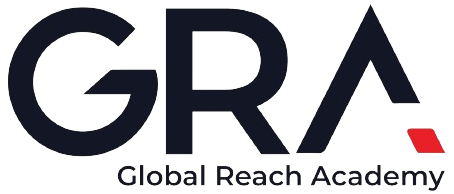Gain knowledge and experience with essential security systems through the exploration of common ethical hacking topics at Global Knowledge. Learn more here.
EC-Council released the most advanced computer forensic investigation program in the world. This course covers major forensic investigation scenarios that enable you to acquire hands-on experience on various forensic investigation techniques and standard tools necessary to successfully carry-out a computer forensic investigation.
Battles between corporations, governments, and countries are no longer fought using physical force. Cyber war has begun and the consequences can be seen in everyday life. With the onset of sophisticated cyber attacks, the need for advanced cybersecurity and investigation training is critical. If you or your organization requires the knowledge or skills to identify, track, and prosecute cyber criminals, then this is the course for you. You will learn how to excel in digital evidence acquisition, handling, and forensically sound analysis. These skills will lead to successful prosecutions in various types of security incidents such as data breaches, corporate espionage, insider threats, and other intricate cases involving computer systems.
This course includes one exam voucher for CHFI.
Who Should Attend?
IT professionals involved with information system security, computer forensics, and incident response
What You’ll Learn
- The computer forensic investigation process and the various legal issues involved
- Evidence searching, seizing and acquisition methodologies in a legal and forensically sound manner
- Types of digital evidence, rules of evidence, digital evidence examination process, and electronic crime and digital evidence consideration by crime category
- Roles of the first responder, first responder toolkit, securing and evaluating electronic crime scene, conducting preliminary interviews, documenting electronic crime scene, collecting and preserving electronic evidence, packaging and transporting electronic evidence, and reporting the crime scene
- Setting up a computer forensics lab and the tools involved in it
- Various file systems and how to boot a disk
- Gathering volatile and non-volatile information from Windows
- Data acquisition and duplication rules
- Validation methods and tools required
- Recovering deleted files and deleted partitions in Windows, Mac OS X, and Linux
- Forensic investigation using AccessData FTK and EnCase
- Steganography and its techniques
- Steganalysis and image file forensics
- Password cracking concepts, tools, and types of password attacks
- Investigating password protected files
- Types of log capturing, log management, time synchronization, and log capturing tools
- Investigating logs, network traffic, wireless attacks, and web attacks
- Tracking emails and investigate email crimes
- Mobile forensics and mobile forensics software and hardware tools
- Writing investigative reports
- Dark Web Forensics and IOT Forensics
Course Outline
- Module 01: Computer Forensics in Today’s World
- Module 02: Computer Forensics Investigation Process
- Module 03: Understanding Hard Disks and File Systems
- Module 04: Data Acquisition and Duplication
- Module 05: Defeating Anti-Forensics Techniques
- Module 06: Windows Forensics
- Module 07: Linux and Mac Forensics
- Module 08: Network Forensics
- Module 09: Investigating Web Attacks
- Module 10: Dark Web Forensics
- Module 11: Database Forensics
- Module 12: Cloud Forensics
- Module 13: Investigating Email Crimes
- Module 14: Malware Forensics
- Module 15: Mobile Forensics
- Module 16: IoT Forensics
Prerequisites
It is strongly recommended that you attend Certified Ethical Hacker before enrolling into CHFI program
Related Certifications
- Computer Hacking Forensic Investigator (CHFI) certification
- The CHFI program provides you one voucher to sit for the CHFI exam
Follow-On Courses
CISSP- Certified Information Systems Security Professional Prep Course







